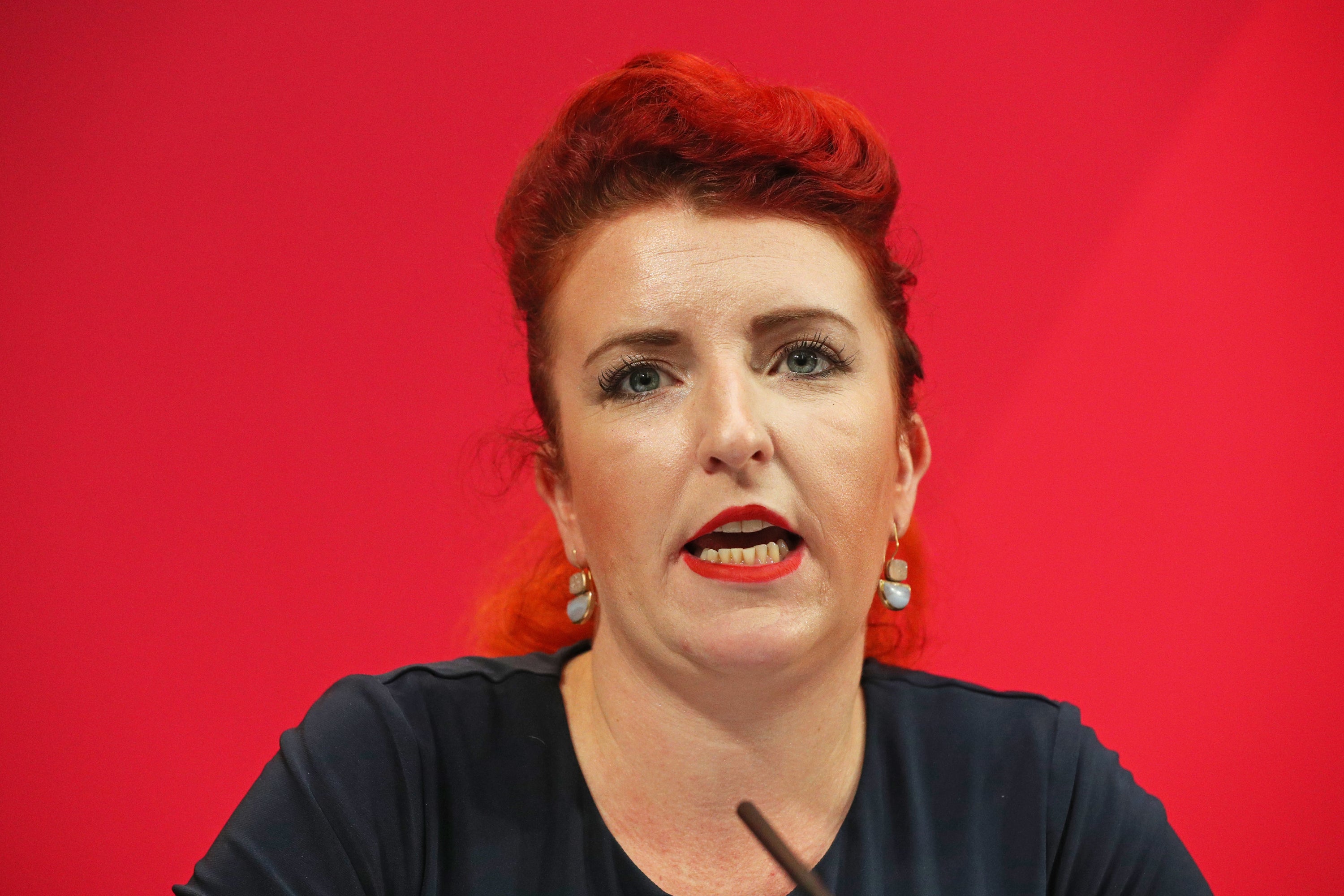Mapped: Bus cuts in your area as ‘half of routes scrapped’
Ministers are worried bus cuts could be an issue at the next general election, The Independent understands
Up to half of local bus routes in England have been cut since the Conservatives came to power, according to a new analysis.
Government ministers have told The Independent they are worried that cuts to buses could become an issue at the next general election – especially in northern marginal seats the Tories want to hang onto.
There are now 8,000 fewer bus routes registered with England’s regulator than there were in 2010 – a fall of 50 per cent, according to the analysis from Labour.
Sir Keir Starmer’s party accused the government of "vandalism against our communities" and pledged to put control of buses back in the hands of local authorities.
But the Department for Transport questioned the figures and suggested the decline had been over-stated – pointing out that the number of route miles covered by services had fallen by less, 19 per cent.
In 2010/11 there were 17,394 bus routes registered in England with traffic commissioners, a figure which had fallen to 8,781 by 2022/23. Traffic commissioners act as local regulators for buses, coaches and HGVs.
“It’s definitely going to be an issue at the next election,” one minister told The Independent.
“It’s the kind of thing people really care about - and we underestimate it at our peril.”
There are fears there could be yet further cuts to local transport after the government confirmed in March that it would reduce financial support for bus services by 23 per cent.
This would see a further 400 more services lost, according to estimates from the Confederation of Passenger Transport.
“The staggering decline in local bus services under this Government is nothing short of vandalism against our communities," said Louise Haigh, Labour’s shadow transport secretary.
“Millions of people rely on these essential services, but they are being left without a voice as routes are cut back year after year.
“Labour’s plans will put passengers first by allowing communities to take back control over their bus services.”
Under the opposition’s analysis, the West Midlands is the hardest-hit region, with a 68 per cent fall in routes.
The Department for Transport said the traffic commissioners figures cited by Labour do not take into account the decentralisation of bus route registration, for example as part of devolution deals to local mayors – which would see some routes fall out of the statistics.
And they said operators sometimes merged routes, which could account for the smaller decline in route miles compared to the sharp fall in the number of individual bus routes.
Further, some bus services had been reclassified and were no longer considered local routes, the DfT said, meaning the figures had reduced.
The department points to funding it has provided to keep bus ticket prices temporarily lower, with a £2 single fare available outside London extended to October 2023.
But campaigners said that changes were clearly needed to get the network back to a usable standard.
“Buses keep people and communities connected and are crucial to the economy," Alice Ridley from Campaign for Better Transport said.

"To prevent further cuts and grow the network back to the level needed, the Government must change the way buses are funded and replace the multiple and competitive funding sources with a single, long-term funding pot.”
Labour says it will give all local authorities the power to take back control of bus services – a power currently only available to metro mayors like Andy Burnham.
The party also wants to make a London-style “franchising” model the default option across the country, and lift the ban on local councils setting up their own municipally-owned bus services.
A DfT spokesperson said: “It’s misleading to equate these figures directly with changes in the number of bus routes, when the Government has invested £3.5bn since 2020 to back our buses.
"Our recent £500m boost is capping fares until the end of November 2024 and protecting routes into 2025, helping people save money on travel and improving transport connections to grow the economy.”
Join our commenting forum
Join thought-provoking conversations, follow other Independent readers and see their replies
Comments


Bookmark popover
Removed from bookmarks